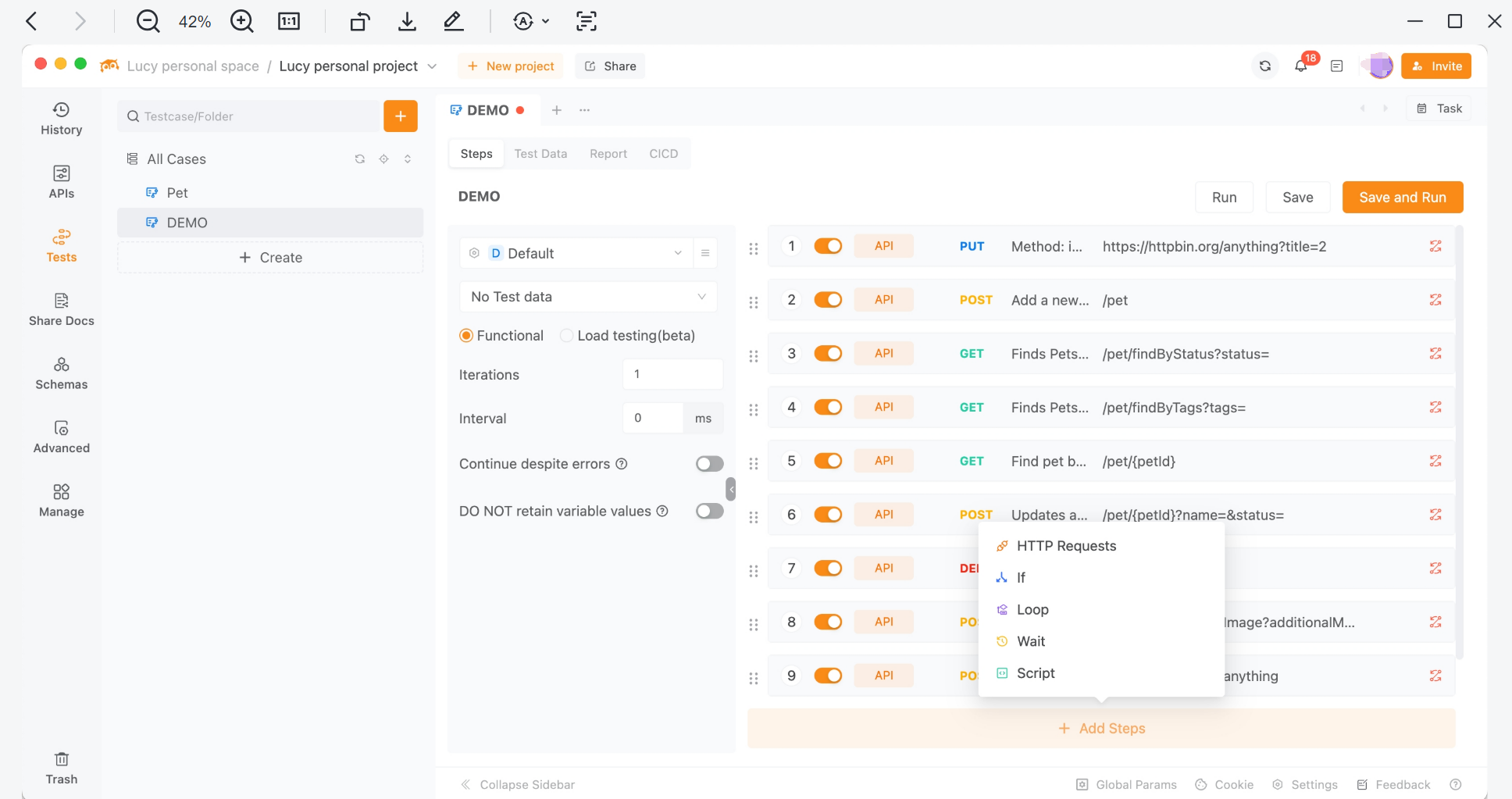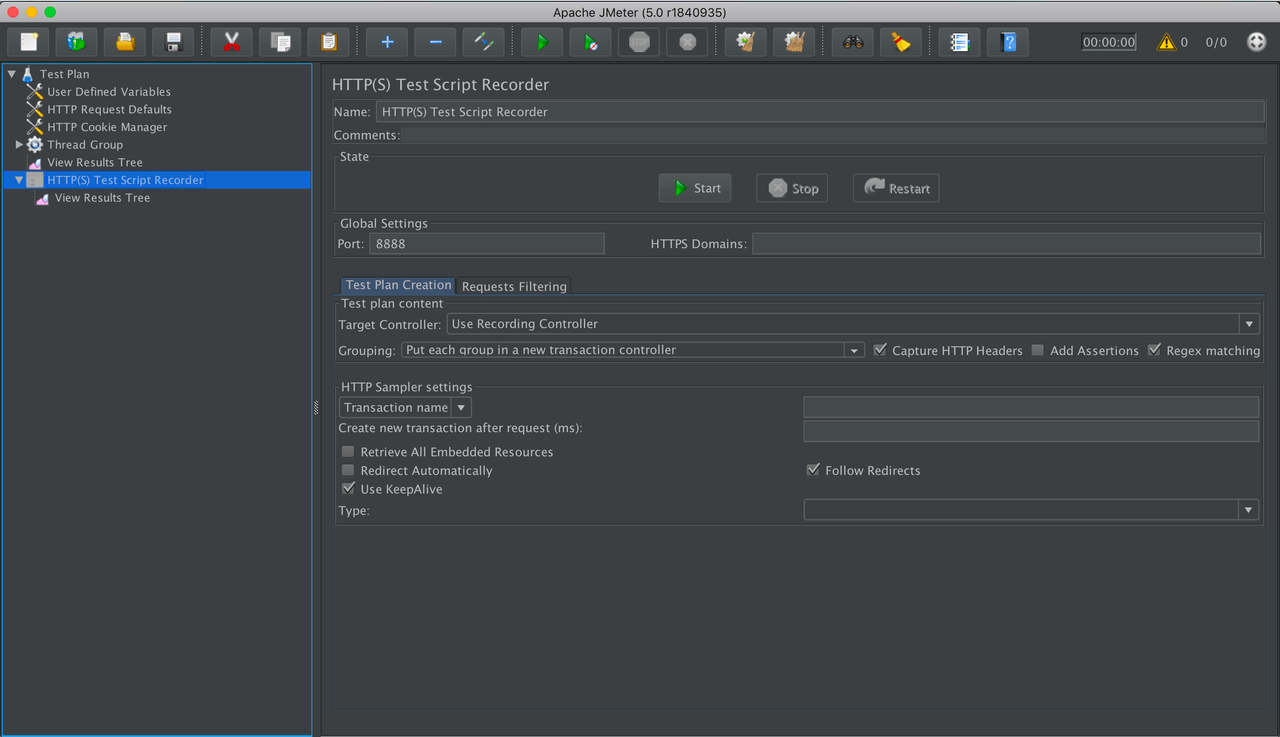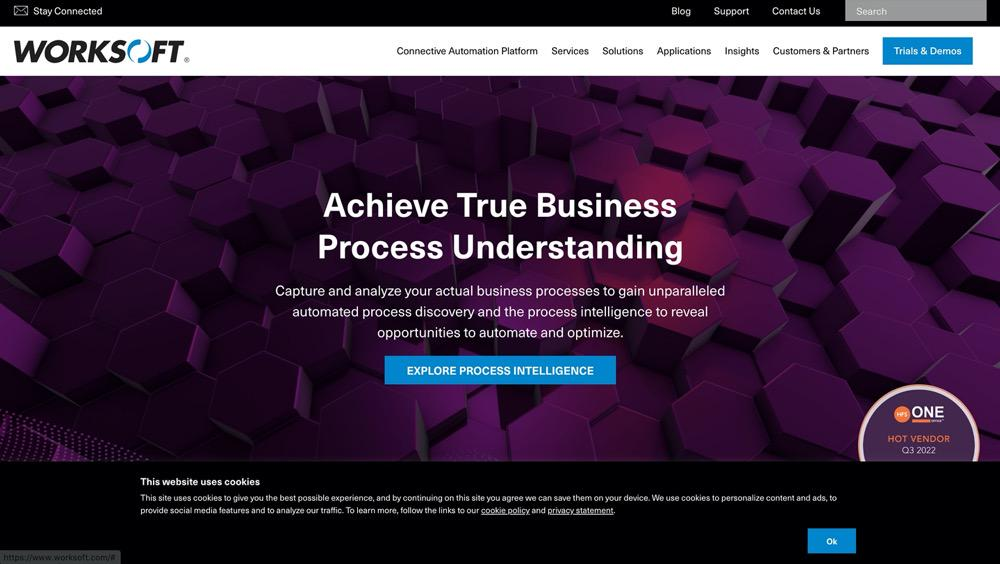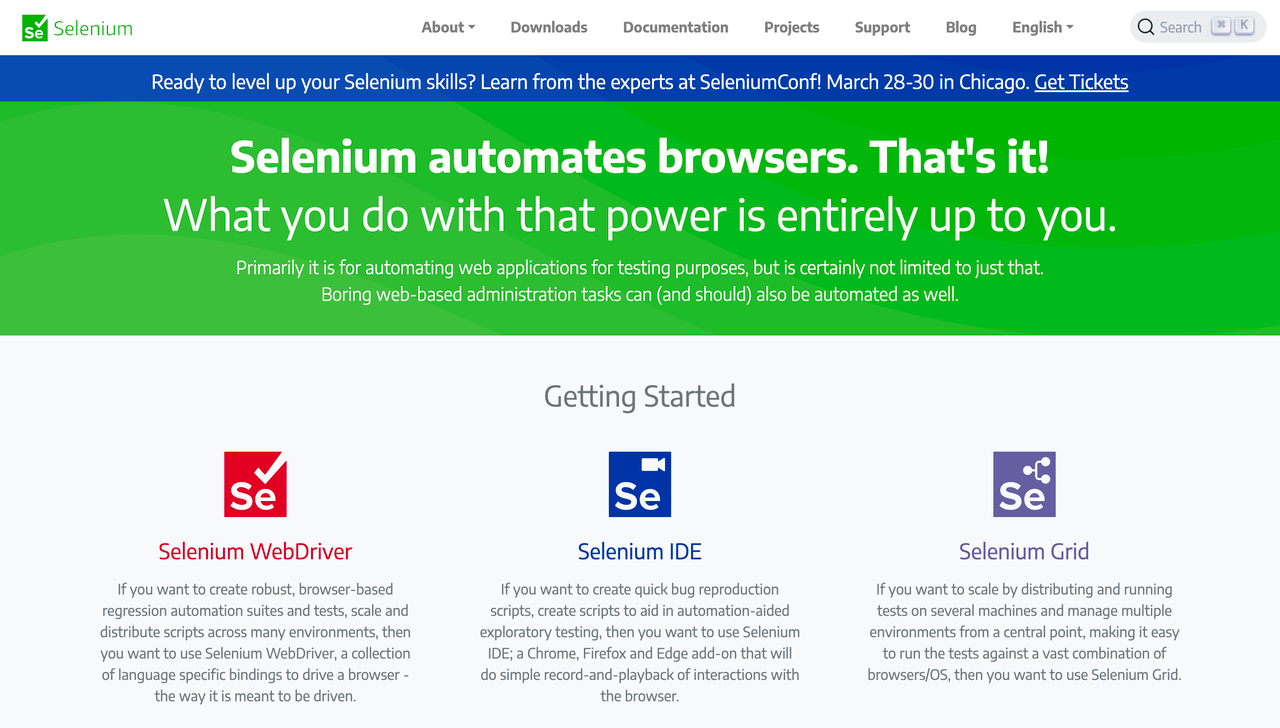Top 6 Automated Testing Tools for Enhanced Efficiency
Test automation involves using specialized tools to automatically execute software tests that would otherwise be performed manually by a human. This approach enhances the testing process by making it faster, more accurate, and cost-effective, ultimately conserving resources.
Test automation involves using specialized tools to automatically execute software tests that would otherwise be performed manually by a human. This approach enhances the testing process by making it faster, more accurate, and cost-effective, ultimately conserving resources.
Benefits of Automated Testing
Automated Testing offers several significant advantages:
- Increased Test Coverage: Compared to manual testing, automated testing can significantly improve test coverage. Automated tests can be run repeatedly, ensuring that all potential test cases—those that might be missed in manual testing—are thoroughly executed.
- Cost Reduction: By automating testing, you can reduce the time and labor costs associated with test execution. Automated test scripts can be executed multiple times without the need for testers to manually repeat the same test cases.
- Time Savings: Automated tests run much faster than manual ones, allowing development teams to focus more time on creating new features and accelerating the development process.
- Improved Quality: Consistent results from automated tests lead to higher quality output. Test scripts eliminate human error, providing accurate and reliable results.
- Continuous Integration (CI)/Continuous Delivery (CD): Automated tests can be integrated into CI/CD pipelines, speeding up development processes and enhancing quality. This frequent testing helps shorten release cycles and ensures more rapid deployments.
How to Choose an Automated Testing Tool?
While there are many benefits to test automation, implementing it requires careful selection of the right tools, choosing suitable test cases, and regular maintenance. Proper attention to these details is crucial for successful automation.Here's a list of six leading automated testing tools that can help streamline your processes.
1. EchoAPI
EchoAPI is an ultra-lightweight collaboration tool excelling in Automated Testing.It allows you to customize load test parameters, such as thread count, and seamlessly integrates with CI/CD pipelines. Beyond automated testing, EchoAPI supports load testing,API design, specification generation, debugging, and mocking, proving to be a versatile platform.EchoAPI does not require users to log in.If you're looking to implement automated testing, EchoAPI is a highly suitable option.

2. Postman
Postman is a tool designed for functional and integration testing of web APIs, featuring an intuitive user interface. You can create and send HTTP requests and receive responses, easily set up endpoints, and configure request bodies, headers, and query parameters. Postman also supports API test automation.

3. JMeter
JMeter is a Java-based tool for performance testing of web applications. It can perform load and stress tests, send HTTP requests, and analyze responses. With a graphical user interface and numerous available plugins, JMeter supports various protocols and can aggregate test results across multiple servers. It simulates multiple users to provide detailed performance data.

4. Worksoft
Worksoft Certify offers automated testing for enterprise applications, focusing on business process automation. It supports major applications like SAP, Salesforce, and Oracle and provides a rich library for automating a variety of applications, enabling fast and efficient testing.

5. Jenkins
Jenkins is a tool for automating continuous integration (CI) and continuous deployment (CD). It automates building, testing, and deployment of source code. Jenkins is flexible and highly extensible, equipped with a wide range of plugins for customization across diverse development projects.

6. Selenium
Selenium automates UI and functional testing for web applications. Using Selenium WebDriver, it controls browsers to perform specified actions. It's an open-source tool compatible with multiple programming languages (Java, Python, Ruby, etc.) and runs tests independent of browser type. Selenium Grid allows simultaneous testing across multiple browsers.

Conclusion
Selenium and Worksoft are primarily used for GUI test automation, while Jenkins focuses on automating builds, tests, and deployments. Postman and JMeter are primary tools for API and performance testing. EchoAPI offers a comprehensive solution for creating, managing, and sharing APIs, equipped with powerful Automated Testing features. It simplifies the automation of API endpoint testing and provides visualization tools for interpreting test results.









 EchoAPI for VS Code
EchoAPI for VS Code

 EchoAPI for IntelliJ IDEA
EchoAPI for IntelliJ IDEA

 EchoAPl-Interceptor
EchoAPl-Interceptor

 EchoAPl CLI
EchoAPl CLI
 EchoAPI Client
EchoAPI Client API Design
API Design
 API Debug
API Debug
 API Documentation
API Documentation
 Mock Server
Mock Server




